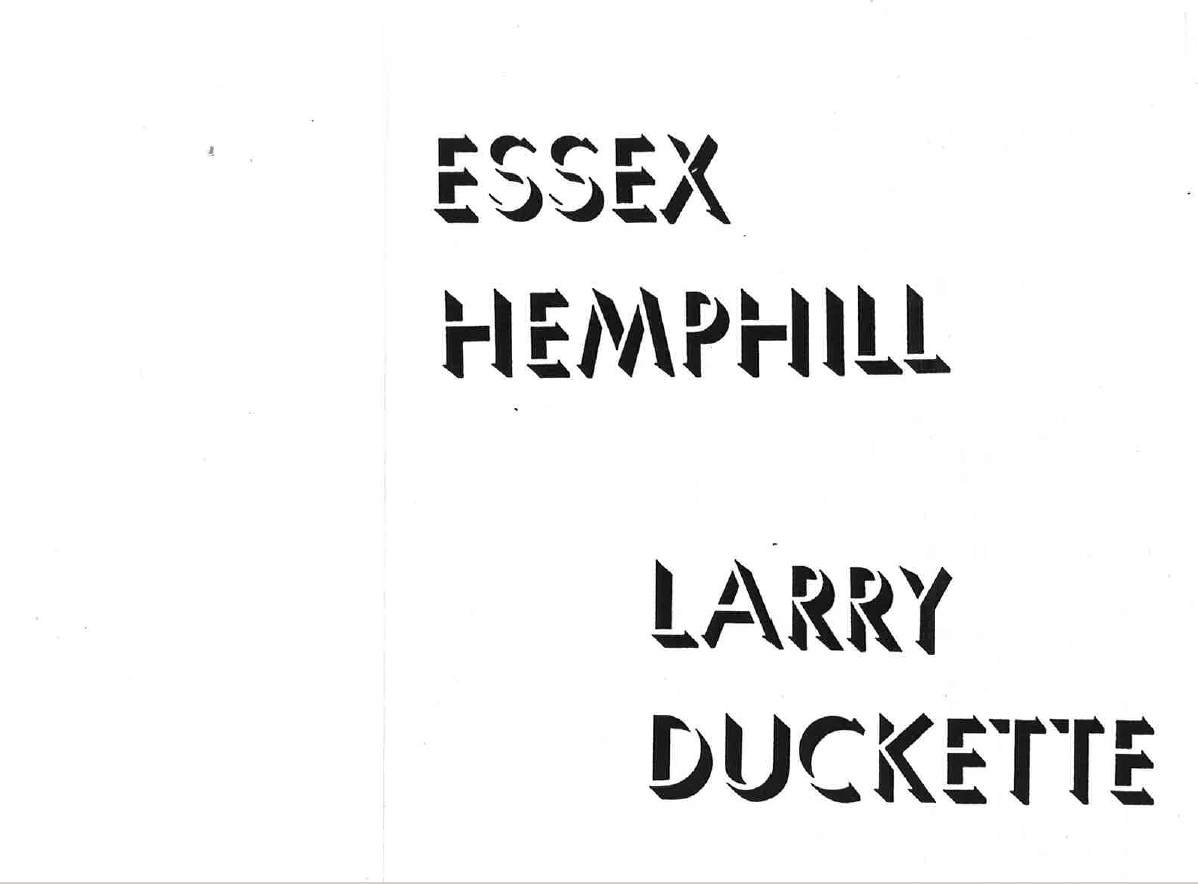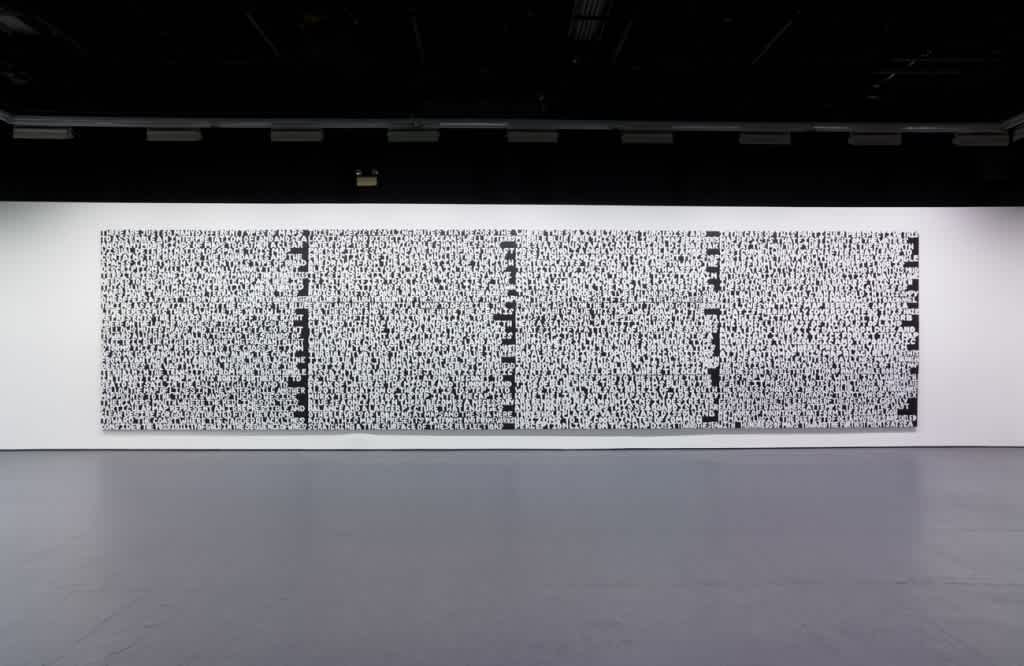
Credits:
By Mac Jackson, Summer 2023 Archive & Curatorial Intern
July 31, 2023
The programs highlighted in this Spotlight reflect and celebrate work by Black queer artists within The Kitchen’s Archive. Together, they reconceptualize forms of revolutionary visibility, re-visiting and re-membering through processes of referential, liminal conversation. The three archival moments here include works of art by Essex Hemphill, Larry Duckette, Aaron Davis Hall, Greg Tate and Xaviera Simmons engaged with Black and queer identity via fluid and interdisciplinary temporalities. Spanning 1989 to 2016, this linkage of events shines light on the ways in which intersections of marginality are socio-political battlefields, and have been, as well, fruitful ground for the production of experimental cultural commentary and storytelling. These five artists situate identity making and community finding within disordered and inventive conditions of time and place. Notions of performance as actionable and embodied gathering—of words and of community members, and as a means of taking care—are at the core of these three programs. They center Black and queer archival practice by questioning where art and lived experience can be communicated, shared, and positioned in relation to, and at times in refusal of, institutional structures: through collaboration, publishing, poetry, photography, choreographic scores, music production, dance, and digital culture. Mediated through art, these artists’ ideas call out and into one another to formulate a pluralized Black, queer futurity.
Brother to Brother: Words from the Heart (Apr 6–8, 1989)(1) was a deeply multi-personal entanglement of collaboration, centering a reflection on race in the context of the AIDS epidemic through an arrangement of the text of Brother to Brother. Joseph Fairchild Beam’s (1954-1988) unfinished essay, completed by contemporary Essex Hemphill and Beam’s mother Dorothy Beam (1924-2018)(2), was originally intended as a sequel to the first published anthology of Black gay literature, In The Life (1986). Print editions of both Brother to Brother: New Writings by Black Gay Men (3) (1991) and In the Life(4) can be purchased through RedBone Press– originally a Black lesbian press; the recent republishing of these texts was in large part due to the efforts of publisher Lisa C. Moore. In the text, Joseph Beam writes, “We take care of our own kind when the night grows cold and silent.” His words bring warmth to larger publics through a combination of personal efforts after his time.
This program at The Kitchen provided an actionable and embodied gathering– of words and of community members– as a means of taking care, and in honor of a text made in service of unprecedented vocalization and envisionment of Black, gay life. Introducing the most recent palimpsest of Brother to Brother, academic Jafari Sinclaire Allen, Ph.D. posits an ethos “toward rearticulating– that is, both re-stating and putting back together– our fragmented politics and faiths, re-tooling weapons, recipes, ministrations, divinations, hints and threats.”(5) This sentiment is echoed in this Archive Spotlight, which sutures genre, medium, and lineages of time and place to collect and distribute the communal and personal experience of Black and queer folks through performance. Six years after Essex Hemphill and Larry Duckette’s Words From the Heart, a stage play by Greg Tate called My Darling Gremlin (May 24–28, 1995) presented an Afrofuturist tale about three Black bohemian Los Angelinos set out across the country on a bicycle built for three.

Co-produced by the performing arts center Aaron Davis Hall(6), Greg Tate’s (1957-2021(7)) play My Darling Gremlin (1995) was presented at The Kitchen in May 1995. Butch Morris (1947-2013(8)) wrote original music for the production and conducted the five-piece ensemble that performed the score live. Again, the combination of talents and efforts here speaks to the imagination and potential of Black, queer collectives. Three raised circular stages held the performers and provided minimal setting, allowing the space to be determined more by what is heard than what is seen. Three characters propel the story via a wandering conversation that navigates queer futurities and pasts: “The dream was true,” laments one character, “once our house was full of men who loved other men, and then there was no more.” The climax of the abstract and sci-fi-esque migration story is located at a desert stronghold of an Afrocentric virtual reality cult near Las Vegas, where the script continues to balance many themes beyond and in conversation with lesbian and gay politics, from African mysticism to paranoia and conspiracy in digital space.
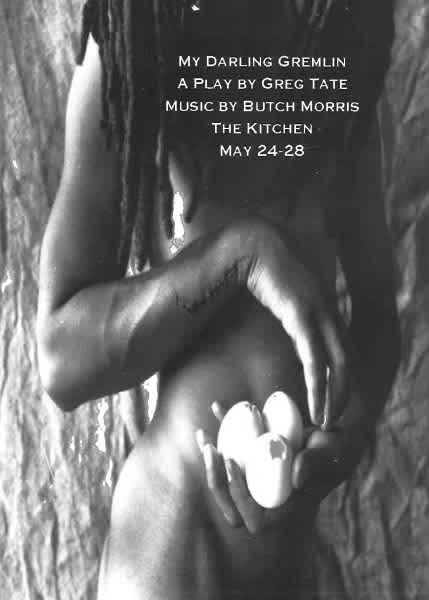
Over two decades later, Xaviera Simmons’s multi-media production CODED (June 22–Dec 9, 2016), in line with Brother to Brother and My Darling Gremlin, explores histories through migratory experience, memory, and abstraction. You can read in more detail about the two-fold project, part mixed-media installation and part performance, in this On Mind essay by Kitchen Curator Angelique Rosales Salgado. In My Darling Gremlin, the concept of what is kept or preserved is complicated by concerns with modernity’s increasing disconnect from bodily being and analogue recording. One of Tate’s characters insists, “If you stay in this virtual bullshit, all that you are, all that you love, all your music and all your wisdom will be lost.” All three programs deal with the feeling of loss and of yearning to be found. Each are in conversation with the question in Black & queer archival practice of where art and lived experience can be communicated, shared, and positioned in relation to institutional structures: of publishing, of performance, of the archived and the online. An imagination of what is held onto, remembered, and honored is reflected in the staging of homoerotic archival and online imagery in CODED and in the intentional gathering of Black Gay texts such as with In the Life. Allen’s introduction of the 2007 republishing of Brother to Brother emphasizes the tangibility sought in exploring and actualizing Black and queer identity: “Now, in the current moment, in which Joe Beam’s ‘cold-blooded’ nights feel like nuclear winter, and complicitous echoes broadcast on 500 cable channels, blogs, two-ways, i-phones and voices in my head,” Allen writes, “we need this ‘new’ writing to become flesh.” All three moments at The Kitchen unearthed for this Archive Spotlight are as “now” as ever, and contribute to a reserve of cultural material meant to be multiplied and expanded into present corporeality.
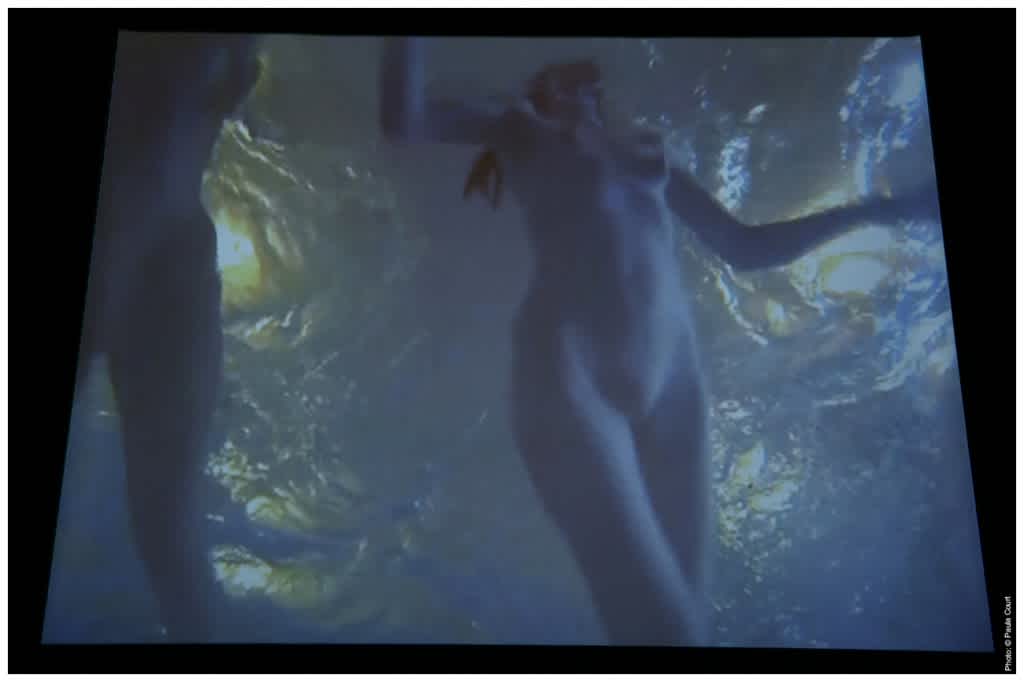
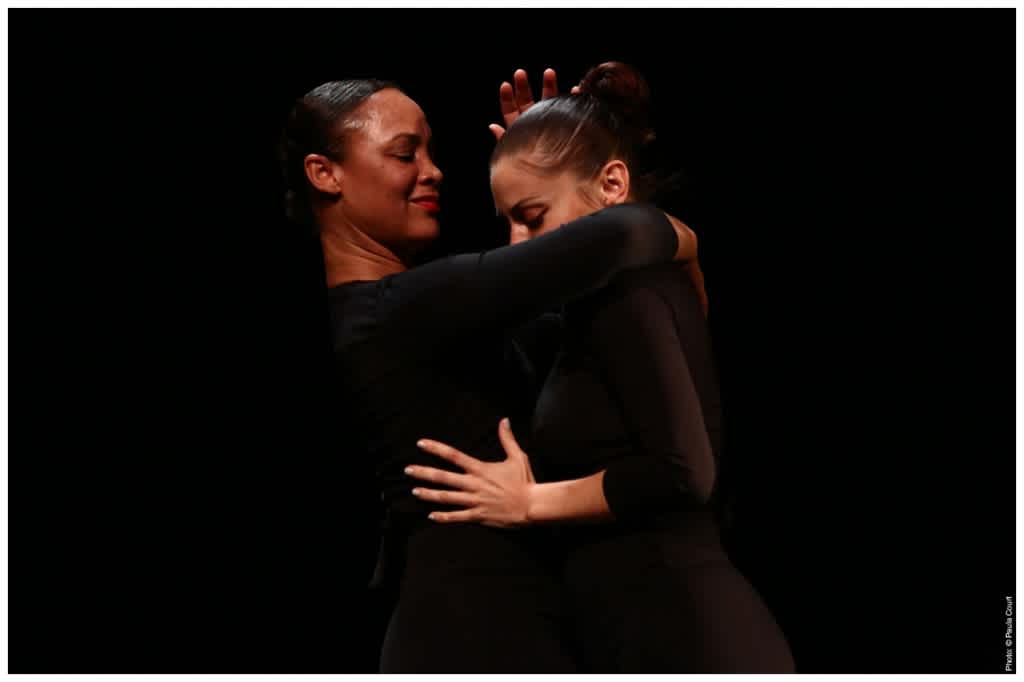
FOOTNOTES
(1) https://beenhere.org/2017/12/30/joseph-beam/
(2) 1992 Audio Interview: https://freshairarchive.org/segments/dorothy-beam-finishing-her-sons-last-book
(3) Brother to Brother book for purchase: https://www.redbonepress.com/products/brother-to-brother-ed-by-essex-hemphill
(4) In the Life book for purchase: https://www.redbonepress.com/products/in-the-life-ed-by-joseph-beam
(5) Hemphill, E., & Allen, J. S. (2007). Re-Reading Brother to Brother: Crucial Palimpsest? In Brother to brother: New writings by black gay men (p. xiv). Introduction, Redbone Press.
(6) https://www.harlemonestop.com/organization/1/aaron-davis-hall-city-college-center-for-the-arts
(7) https://www.nytimes.com/2021/12/08/arts/music/greg-tate-dead.html
(8) https://www.nytimes.com/2013/01/30/arts/music/butch-morris-dies-at-65-creator-of-conduction.html
